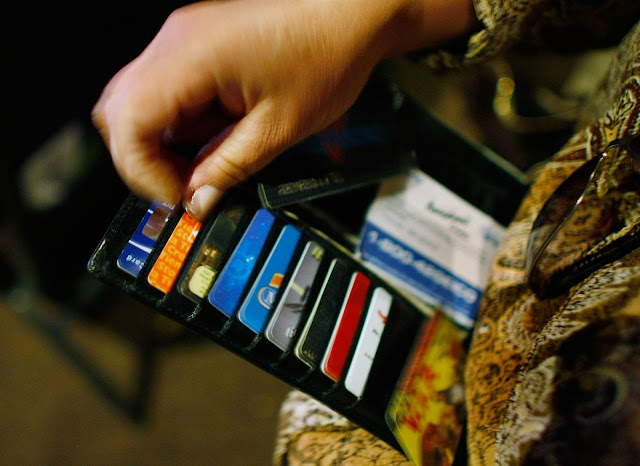FRAUD: assault against humanity

Who am I? I am the victim of financial crime. Why do I talk about it? Because it matters. Why does it matter?Because fraud can kill. Scammers steal something more than money from their victims. They steal trust in people and in humanity. Victims end up trusting no one. There is a physical rape, and there is a psychological rape. What scammers do to their victims is a psychological rape, it is an assault. FRAUD is an assault against humanity.




